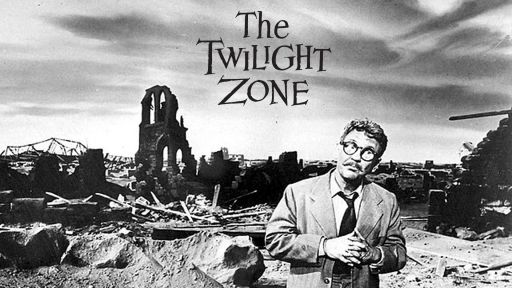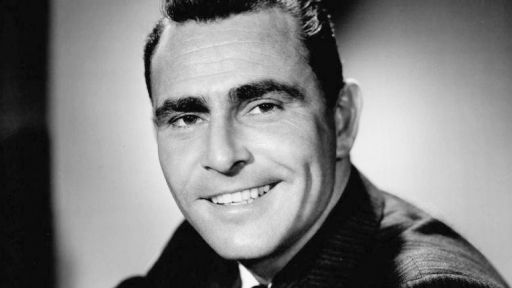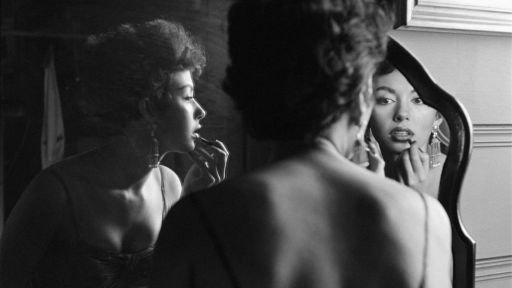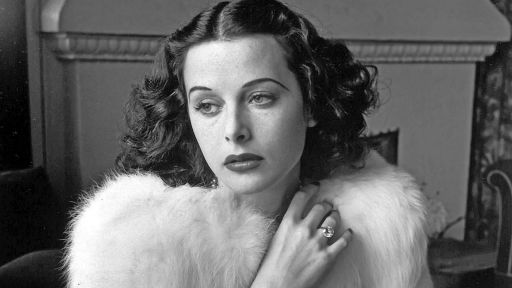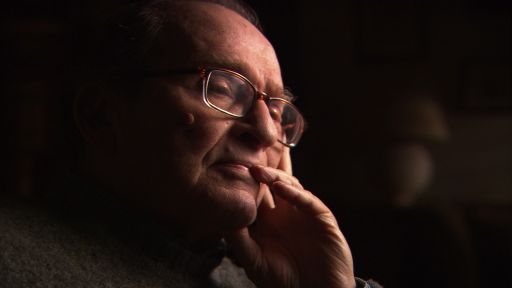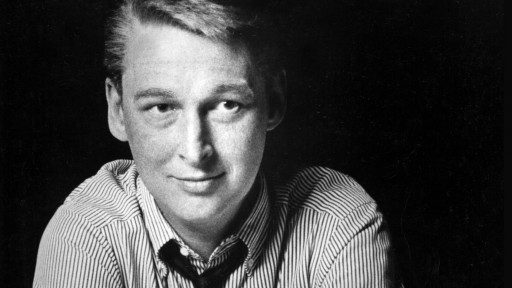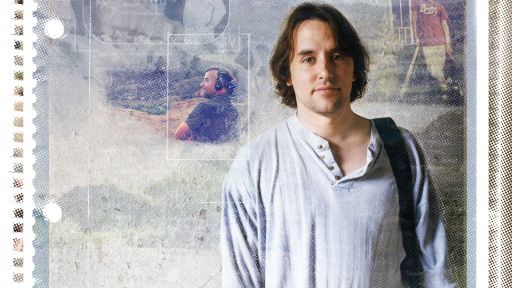Rod Serling earned a reputation as a creative force and a writer with a social conscience well before he launched The Twilight Zone. But it is for that immortal chapter in television history that he will continue to be most remembered. In the first comprehensive television biography of Serling, producer-director Susan Lacy sought to evoke the look and feel of Serling’s best-known work while delving deep into the psyche of a brilliant, complex man plagued by contradictions and insecurities. In an interview before the film’s premiere, Lacy discussed her documentary. Below are excerpts from that interview.
What makes Rod Serling such a compelling story?
Serling’s story, in many ways, parallels the story of television, particularly that of the television writer. Rod Serling was a man who fought hard for quality television, and to this end he wasn’t afraid to remind people of television’s potential. Nor was he afraid to speak out for content, to fight against censorship and interference and meddling from sponsors. I think he was the first writer in television history to take control of his work. He did so by both executive producing and writing The Twilight Zone. Ultimately, however, he lost out to bottom line interests – he sold out to forces he didn’t believe in.
What personal archives did you access during your research?
In addition to his scripts, Serling also wrote an astounding number of letters, speeches and lectures. He was an incredibly prolific writer – to the point that if anybody wrote him a letter, no matter who it was, he answered them. It was fascinating to get to know him through his writings. There was a prolific archive to draw from. The University of Michigan has 80 boxes of his materials. There is also a Serling archive at Ithaca College, one at UCLA, as well as one in his hometown – Binghamton, New York. It was a real challenge going through that material – we literally researched every article and interview he ever did.
What did you learn about Rod Serling that was surprising or unexpected during research for the film?
I had no idea how humble and modest Serling was, or how insecure he was. That’s one of the things, I think, that makes the story so compelling. It’s something many people can relate to – that despite his early success at such a young age, he remained humble and insecure. Serling admired great writing, but on some level he never felt that he really deserved to be part of the club – the great writers’ club, primarily because he wrote for television. He had every reason to feel proud of his accomplishments. Instead, he felt he had been a momentary blip on the television horizon.
Do you think Rod Serling would find a place on public television if he were alive today?
He was a creator and he respected other creators. He respected good ideas and he fought for good ideas. Ultimately, he fought for quality television. During the making of the film, I often thought that he would have been a perfect person to run public television.
What are some of your favorite Twilight Zone episodes?
Part of the fun in making the film was the ability to revisit all these wonderful films that I had watched growing up and that had such enormous influence on me. My favorite one is “Walking Distance” [in which a man finds his hometown has not changed in 25 years]. It’s a perfect piece – perfectly written, perfectly executed. I also loved “Eye of the Beholder” [in which a woman with a “hideous” face undergoes an operation she hopes will make her look like everyone else]. It’s so interestingly shot and the totalitarian premise so bold for its time. And “The Lonely” – what a great story. Jack Warden is a convict who’s been sentenced to lifelong isolation on an asteroid. Ultimately, the authorities take pity on him and send him a life-like robot woman for company. Naturally, he falls in love with the robot, who returns his love as if she were a real woman. Then he gets his pardon and is allowed to go home. They come to take him home on the rocket ship and find that the robot adds too much weight and must be left behind. He is devastated and wants to stay behind. It’s very touching.
Do you think that at the time of his death Serling felt that he had made a valuable artistic contribution?
In the beginning, television had extraordinary potential and Serling was at its center. But it quickly degenerated and I think he felt let down by it. His experience with television never led him to feel that he had distinguished himself in an artistic field. I’m reminded of what he said when he finally realized that the golden era of the live television drama had come to an end, vanquished by commercial interests. He said, “We tilted at the same dragons for seven or eight years, and when the smoke cleared, the dragons had won.”

